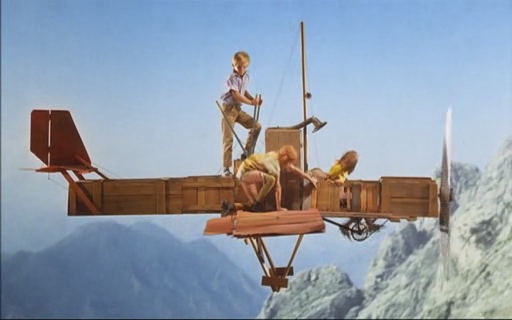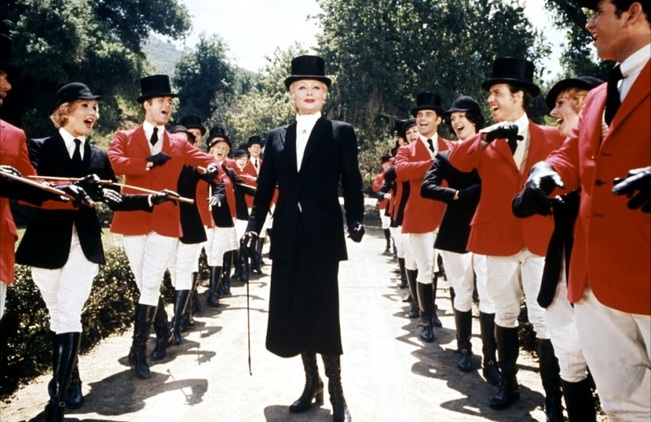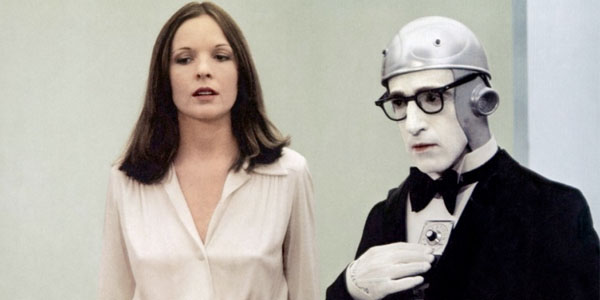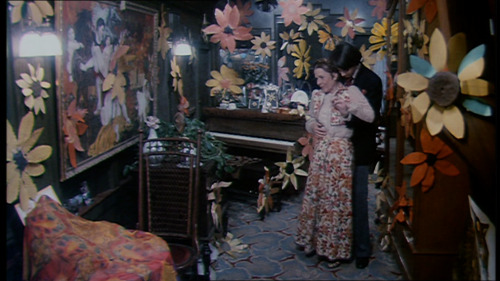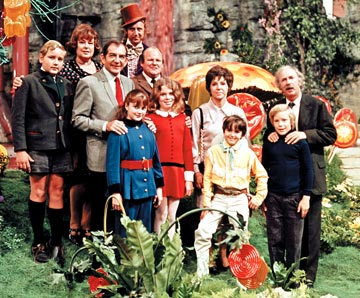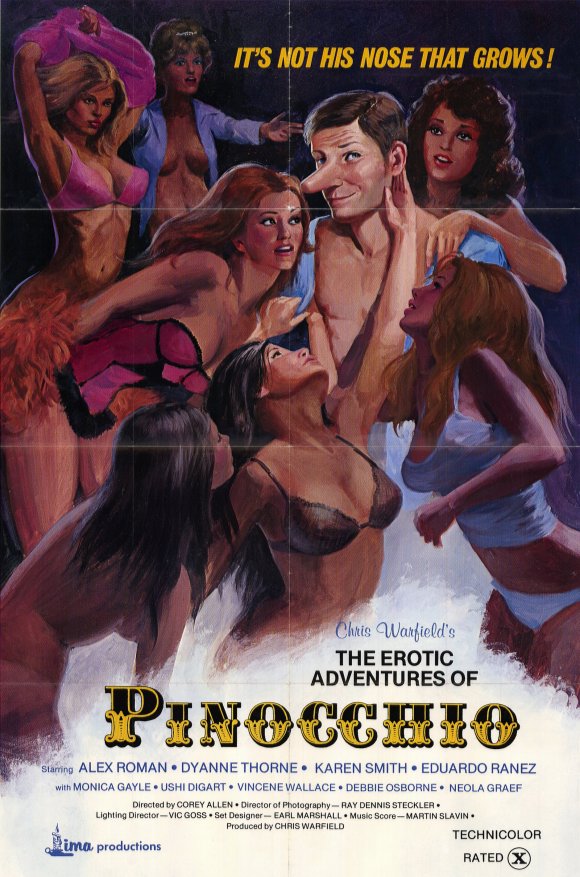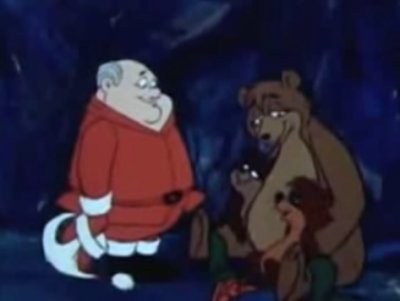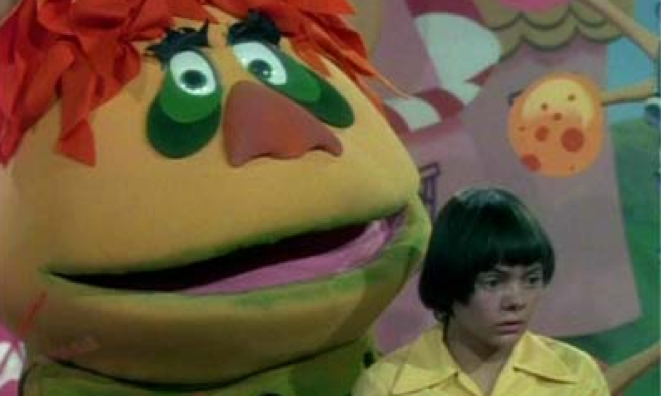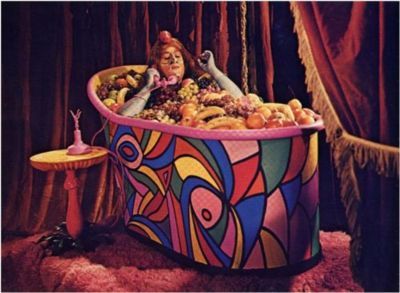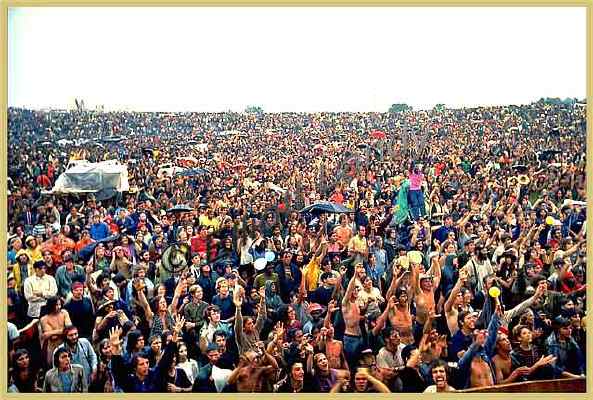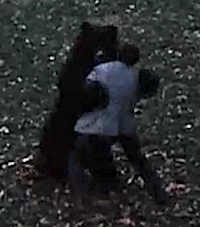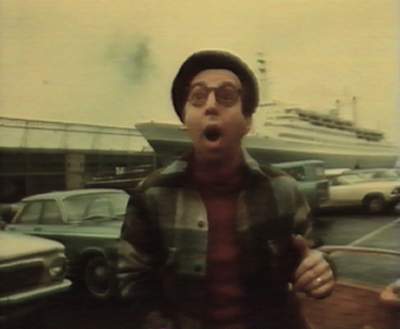September 1, 1975
Beta/ G. G. Communications Inc. (dubbed American version)
Children's, Comedy, Fantasy, Action
DVD
B
This has only the title in common with the book, but I actually think the story of Pippi rescuing her papa from pirates works much better than the visit to the island where he's a cannibal king. (The '70s were still somewhat pre-p.c., but I wonder if the racial stereotypes in print explain the changes for the big screen.) The journey to the South Seas is probably my favorite part, especially with the flying machines Pippi improvises, first a balloon bed (heck, I want one of those even as an adult) and then a Gilligan's-Island-like bike-powered airplane. Things slow down a bit once they arrive on the pirate island, but I like the wry humor (some of which is due to translation), like the way that the pirates talk about the raft-building book, and their childlike behavior. As noted earlier, Beppe Wolgers has quite a few scenes in this one, and it's fun to watch him play mind games with his captors, but I would've liked to have seen him show more strength and bravery, while still having Pippi rescue him.
This is probably Pippi at her most awesome, still kind and generous, but even braver and more innovative. Sometimes she fights pirates (with a sword, a mop, whatever's handy), and sometimes she outsmarts them. She sings not just her theme song but also a couple pirate ditties, which are dubbed nicely.
Tommy, Annika, and Mr. Nilsson are along for the ride, but none of them get much to do compared to Pippi. (The horse stays at home, probably too heavy for the balloon.) Annika whines more than usual ("I don't think Mommy will like this"), but then she has more reason than usual, and she nonetheless goes along with the adventures. And the whining is funny (especially with her nasal accent, like she's Arnold Stang's daughter), so I didn't mind.
Because of the plot and change in setting, most of the villagers from the earlier films are missing. Staffan Hallerstam, formerly Benke the bully, plays Marko, with his blond hair dyed black. Fredrik Ohlsson and Öllegård Wellton do appear briefly as Annika and Tommy's parents, but they're going on a three-week vacation, leaving the kids in Pippi's custody. Ah, the carefree '70s!

